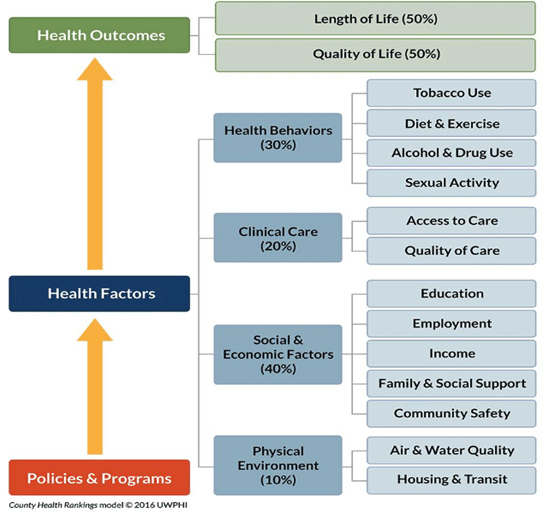Whole Community
Health Initiative
What is Whole Community Health?
Whole Community Health reflects a growing global awareness that the health of an individual or a community is inextricably linked to longstanding policies and practices that shape everything from access to nutritious food and safe affordable housing to rates of chronic illness and incarceration.
Consequentially, some historical policies and practices have produced and perpetuated socioeconomic inequities within certain communities. Entrenched disparities do not exist in isolation, and cannot be solved piecemeal. Communities know best. Whole Community Health fosters connections to partner institutions and neighbors to build collective and sustainable solutions for long-term vitality.
“… the conditions in which people are born, grow, live, work and age. These circumstances are shaped by the distribution of money, power and resources at global, national and local levels.”
Upcoming Events
In the News
Our Approach
The whole community health model focuses on six interconnected pillars of opportunity:
![]() Economic Stability
Economic Stability
![]() Education
Education
![]() The availability of healthy food and the absence of hunger among at-risk vulnerable populations.
The availability of healthy food and the absence of hunger among at-risk vulnerable populations.
![]() Access to high-quality health care and well-trained providers suited to the needs of the community.
Access to high-quality health care and well-trained providers suited to the needs of the community.
![]() Social integration and community engagement.
Social integration and community engagement.
![]() The physical environment.
The physical environment.


